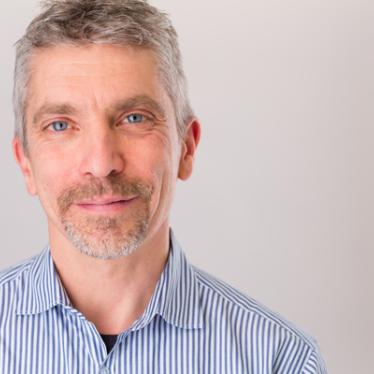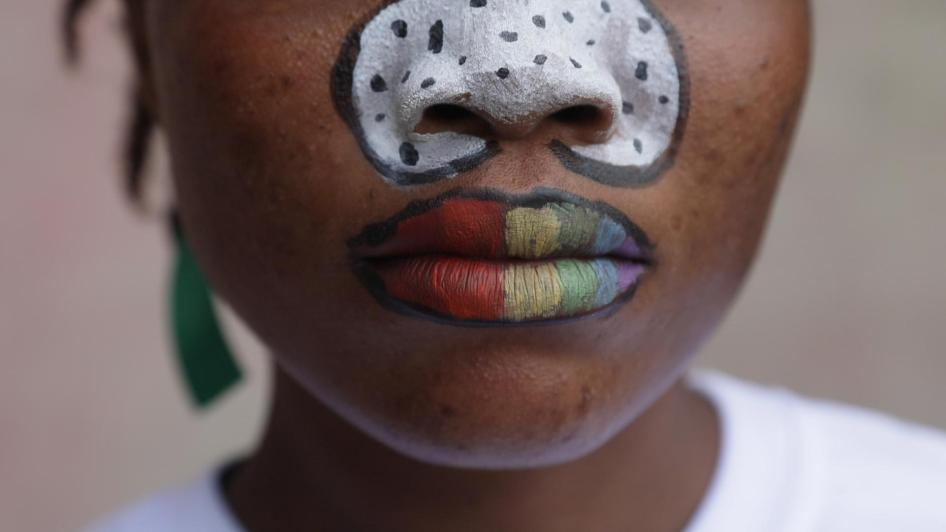Sometimes the human capacity for cruelty takes my breath away.
A recently proposed bill on “sexual rights” and “family values” in Ghana is a case study in extreme cruelty. Ghanaian MPs are considering legislation that is so onerous it beggars belief. And I do not say this lightly. Russia, Nigeria, Uganda and Hungary have all passed odious laws in recent years that discriminate against lesbian, gay, bisexual and transgender (LGBT) people. Ghana’s proposed legislation takes bad parts from all of these and adds some.
The proposed legislation, The Promotion of Proper Human Sexual Rights and Ghanaian Family Values Bill 2021 is directed against a tiny group in Ghana — people who are different because of their sexual orientation, or gender identity, but could also affect anyone who expresses support or sympathy toward LGBT friends, coworkers, family members or neighbours. The bill represents a witch-hunt against LGBT people in Ghana.
Given that the bill’s strongest supporters claim to be doing this in the name of religion, whether Traditional, Christian or Muslim, let us consider what the provisions would look like if it was applied to, say, Christians. Imagine a law that required anyone who knew a Christian to report them to the police. A Christian who admitted it would face three to five years behind bars. If she said it was okay to be Christian, six years. If she had proselytised in any way, or shared any information about Christianity, five to 10.
If she provided a meeting space for her congregation or raised funds to support her church community, five to 10 years. If she allowed a Christian to stay in her house, three to six years. If she sent a tweet with the symbol of the cross, or a Facebook posting with an image of Noah’s Ark, five to 10, for her and the social media platform’s owners. If anyone else, perhaps a Muslim neighbour, publicly said that they supported her Christian denomination, up to 10 years. This is no exaggeration. This is what the proposed law says. But it does not apply to Christians, it applies to anyone who does not conform to arbitrary and subjective sexual and gender norms.
This proposed law tramples on the most fundamental human rights. It is an affront to dignity, privacy and non-discrimination. It is an assault on freedoms of speech, expression, association, and assembly.
President Nana Akufo-Addo has described Ghana as a “beacon of democracy” in the region. And progress has been made in respecting human rights for all. The Criminal Offences Act includes a colonial-era provision outlawing “unlawful carnal knowledge”. At the same time, the police and the Human Rights Commission have taken steps to protect LGBT people from violence and abuse.
However, a 2018 Human Rights Watch report found that LGBT Ghanaians are still frequently victims of physical attacks and have little recourse to justice as many are afraid to approach the police for fear of being exposed.
In every society, across time and place, some people gravitate toward members of the same sex, and some people do not conform to prevailing gender norms. How we understand these differences, and the meaning we give to them, are infinitely variable. But they are part and parcel of human experience. For instance, in southern Ghana, the term supi refers to intimate relations between women, though cloaked in secrecy.
Some say that a generation of activists, not content to live their lives in the shadows, have broken unwritten laws of silence and discretion.
Significantly, the bill bewails globalisation and seeks to restrict communication on social media, in a futile attempt to stop the global circulation of images, ideas and information that lawmakers say embolden LGBT activists while ignoring the role of global organisations such as the World Council of Families (WCF), which made its presence felt in Ghana, by meeting in Accra in October 2019.
This group’s leaders have promoted discriminatory laws and policies around the world, including a Nigerian law that punishes “displays of affection” between same-sex couples and support for gay organisations. Distasteful bedfellows, indeed.
There is political currency in this bill — for the lawmakers who proposed it. All but one of the bill’s sponsors are from the opposition National Democratic Congress party. It is a familiar tactic — scapegoating a minority, basking in the publicity, and using the ensuing moral panic to enhance political stature. Anyone opposed to the bill is cast as morally suspect.
But the bill will only tarnish Ghana’s reputation as a “beacon of democracy” in the region. In an unusual step, citing “human rights concerns”, Sidie Mohamed Tunis, Speaker of Parliament for the Economic Community of West African States, urged caution on the bill.
Proponents of this law are positioning themselves as moral warriors. But these are no warriors. These are self-serving politicians, attacking the weakest and most vulnerable for short-term political gain. They ought to be pariahs.







